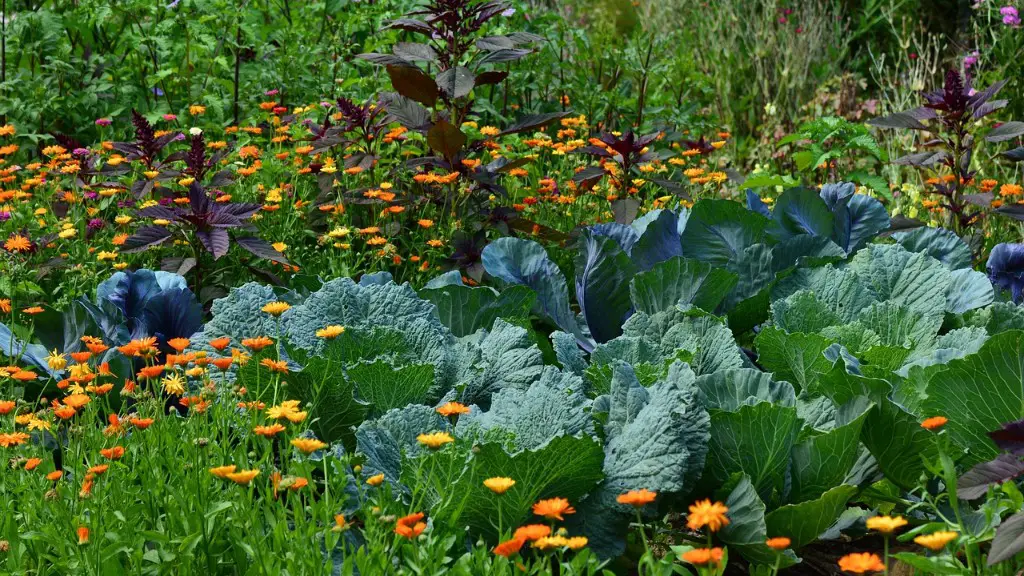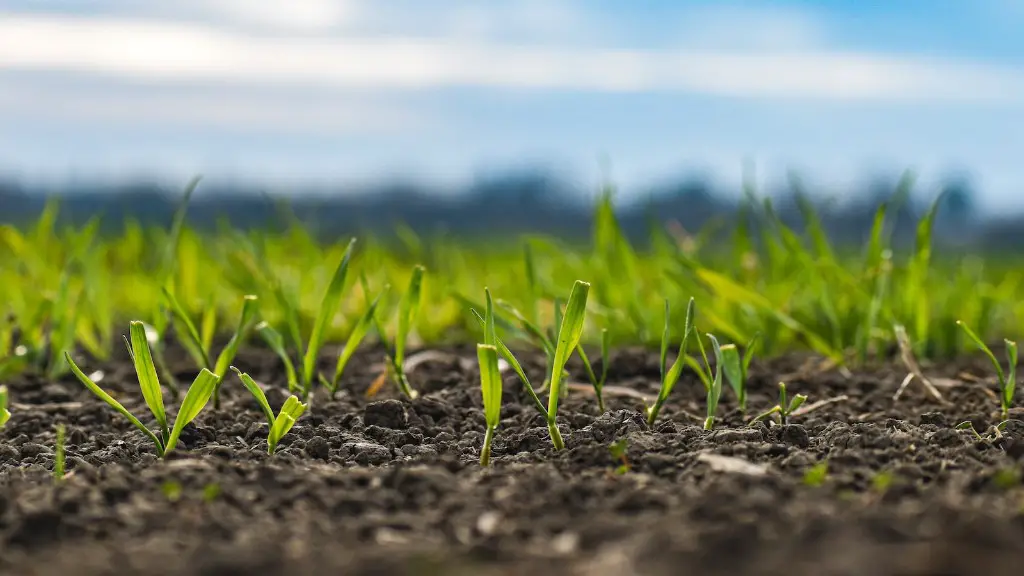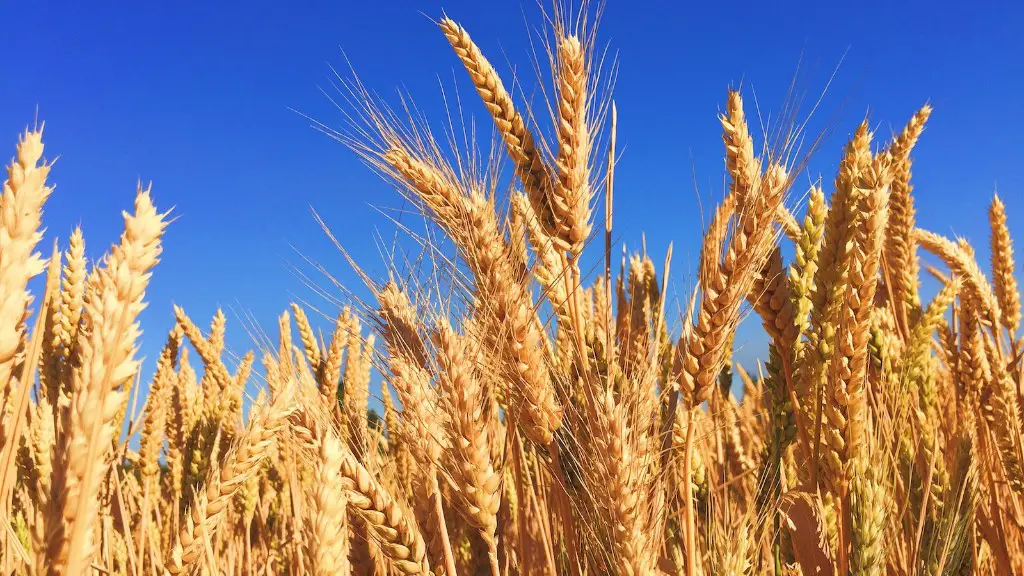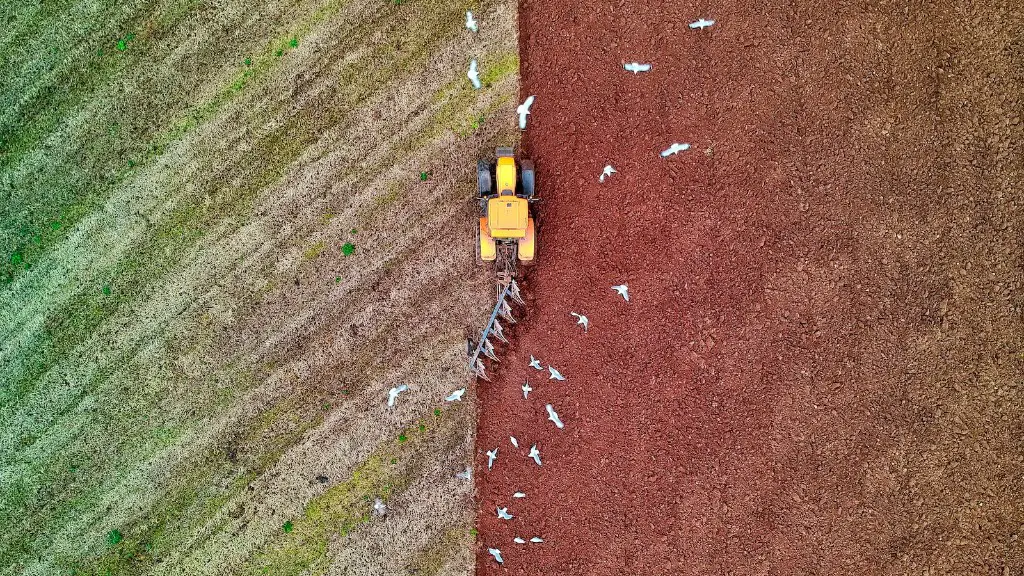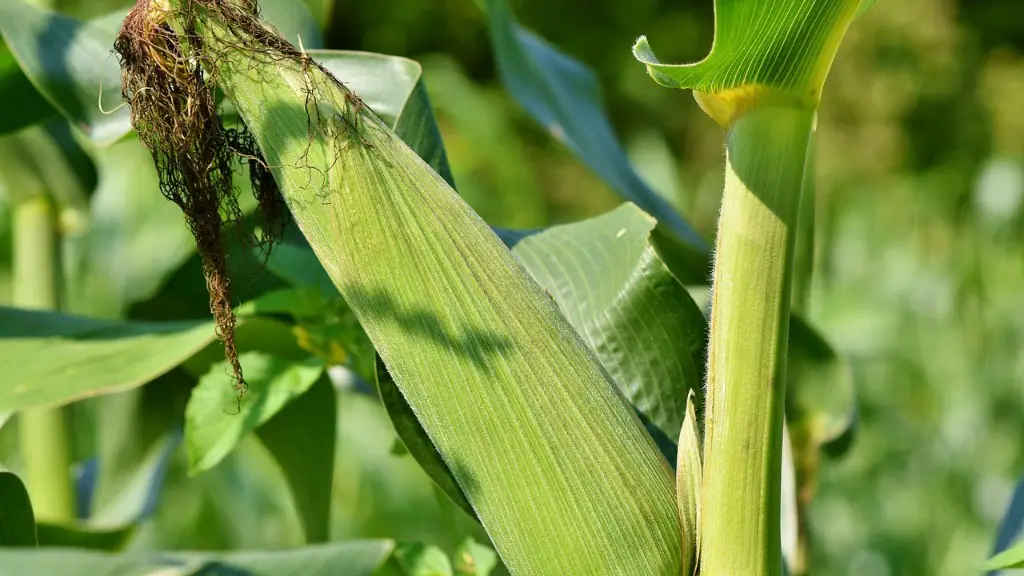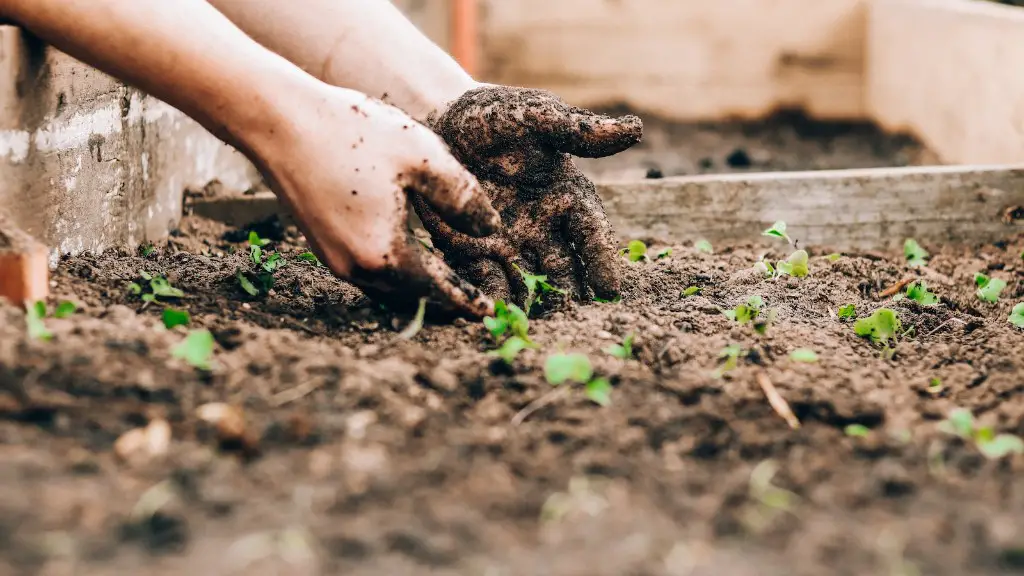If you’re interested in learning about agriculture, there are a few different ways you can go about it. Many colleges and universities offer programs in agricultural studies, which can give you a well-rounded education in the field. There are also farming schools that focus specifically on the hands-on side of things, and many organizations offer internships and apprenticeships on farms. However you choose to learn about agriculture, there are plenty of resources out there to help you get started.
There is no one-size-fits-all answer to this question, as the best place to learn agriculture depends on your specific interests and needs. However, some good places to start learning about agriculture include your local cooperative extension office, farmers markets, and community gardens. You can also find many helpful resources online, such as websites, blogs, and forums dedicated to agricultural topics.
Where can I learn more about agriculture?
The SDG Academy’s ‘Feeding A Hungry Planet’ course is a great way to learn about food security and human health, and how to make agriculture more sustainable in the future. The course covers a wide range of topics, from climate change and food production, to hunger and malnutrition. It’s a great way to gain a better understanding of the challenges facing the agriculture industry today, and how we can address them moving forward.
There are a few ways that you can get involved in agriculture and farming as a worker or laborer. You can look for government-run programs that cover agriculture and farming, join a beginning farmer training program, or find a summer job as a research assistant for a college or university that holds research trials on one or more research farms.
How do I get into agriculture
While a bachelor’s degree in agriculture may be helpful, it is typically not required. There are many high schools that offer basic courses in farming and animal husbandry. Additionally, the United States Department of Agriculture (USDA) runs courses intended to help farmers learn the trade. These courses can be very beneficial for those interested in becoming farmers.
There are many specialisations within the field of agriculture, so you can choose the one that best suits your interests. Plant sciences deals with the study of plants, and animal sciences deals with the study of animals. There are also other specialisations, such as agronomy, which deals with the study of crops, and horticulture, which deals with the study of gardens and other plant life.
What should I major in to be in agriculture?
The agricultural industry is one of the most important in the world, providing food and other products for people across the globe. There is a huge demand for qualified and skilled workers in this field, making it a great choice for those looking for a career in a growing industry.
There are many different types of agricultural degrees available, from general programs that cover the basics of the industry, to more specialized courses that focus on specific areas such as agroecology or food systems. Whatever route you choose to take, completing a degree in agriculture can lead to a hugely rewarding and challenging career.
The Cornell Small Farms Program offers a suite of more than 30 online courses to help farmers improve their technical and business skills. The courses are primarily taught by Cornell Cooperative Extension educators and cover topics such as business planning, marketing, and financial management.
Is it worth it to study agriculture?
If you’re considering a career in agriculture, pursuing a degree in agriculture can be a great way to set yourself up for success. While you don’t need a degree to land many agriculture jobs, having a degree can give you a competitive edge and open up other possible opportunities. If you’re passionate about agriculture and want to build a successful career in the industry, pursuing a degree in agriculture is a great choice!
BSc Agriculture is not a tough course. It is a course that requires a lot of hard work and dedication. However, it is not impossible to achieve success in this field. There are many successful farmers who have completed their BSc Agriculture course.
How many years does it take to study agriculture
The 4-year BSc Agriculture course is a great way to get started in agricultural science. It provides students with the necessary skills and knowledge to pursue a career in this field. The course covers a wide range of topics, from genetics and plant breeding to agricultural microbiology and soil science. It is a great choice for those interested in a career in agriculture.
Livestock is a great way to make money from your land. Animals have a few more expenses than other crops, but they usually bring in more money in terms of net income. Plus, raising livestock can provide other benefits like fertilizer for your fields and meat for your family.
How long does it take to study farming?
The Diploma in Agriculture programme is a three-year qualification that is offered by the University of KwaZulu-Natal. The course is designed to provide students with the knowledge and skills required to pursue a career in agriculture. The programme covers a range of topics, including crop production, animal husbandry, and soil science.
The median total household income for all farm households in the United States was $92,239 in 2021, which exceeds the median total household income for all US households of $70,784. The median household income and income from farming increase with farm size, and most households earn some income from off-farm employment. The median total household income for farm households was $92,239 in 2021, up from $89,581 in 2020. The median total household income for all US households was $70,784 in 2021, up from $68,703 in 2020.
Is agriculture hard or easy
No, BSc Agriculture is not easy. You will face many difficulties during your study and there are not many job options available after completing a BSc in Agriculture.
This job is a great opportunity for a career in agriculture. It is best suited for those who have a keen enthusiasm in the agricultural settings and want to apply their engineering knowledge in that field. The job will help the selected candidate to learn and gain experience in the latest techniques and practices in agriculture. It will also give them an opportunity to improve their skills in communication and project management.
Can you make a living in agriculture?
Agriculture is a great opportunity for people to earn an income, either on a large or small scale. There are also a lot of career options in agriculture. With the world constantly changing, there are now different ways to earn income from agriculture without owning a farm or even being physically present on the farm. This makes agriculture a very versatile and promising industry to get into.
These are some of the highest paying jobs in agriculture. Agricultural engineers design machines and equipment to be used on farms. Agronomists are responsible for the soils and crops on the farm. Agricultural food scientists conduct research to improve the quality of food products. Veterinarians provide medical care for farm animals. Winemakers produce wine from grapes grown on the farm. Farm managers are responsible for the overall operations of the farm. Agricultural sales representatives sell farm products.
Warp Up
There is no one-size-fits-all answer to this question, as the best place to learn agriculture will vary depending on your specific needs and interests. However, some good places to start researching include online forums, agricultural extension programs, and farming magazines. You may also want to speak with farmers in your area to get their recommendations on where to learn more about agriculture.
There are many places to learn about agriculture, from online resources to college courses. However, the best way to learn is by doing. There are many opportunities to get involved in agriculture through internships, apprenticeships, and volunteering. These hands-on experiences will give you the best understanding of the industry and what it takes to succeed in it.
